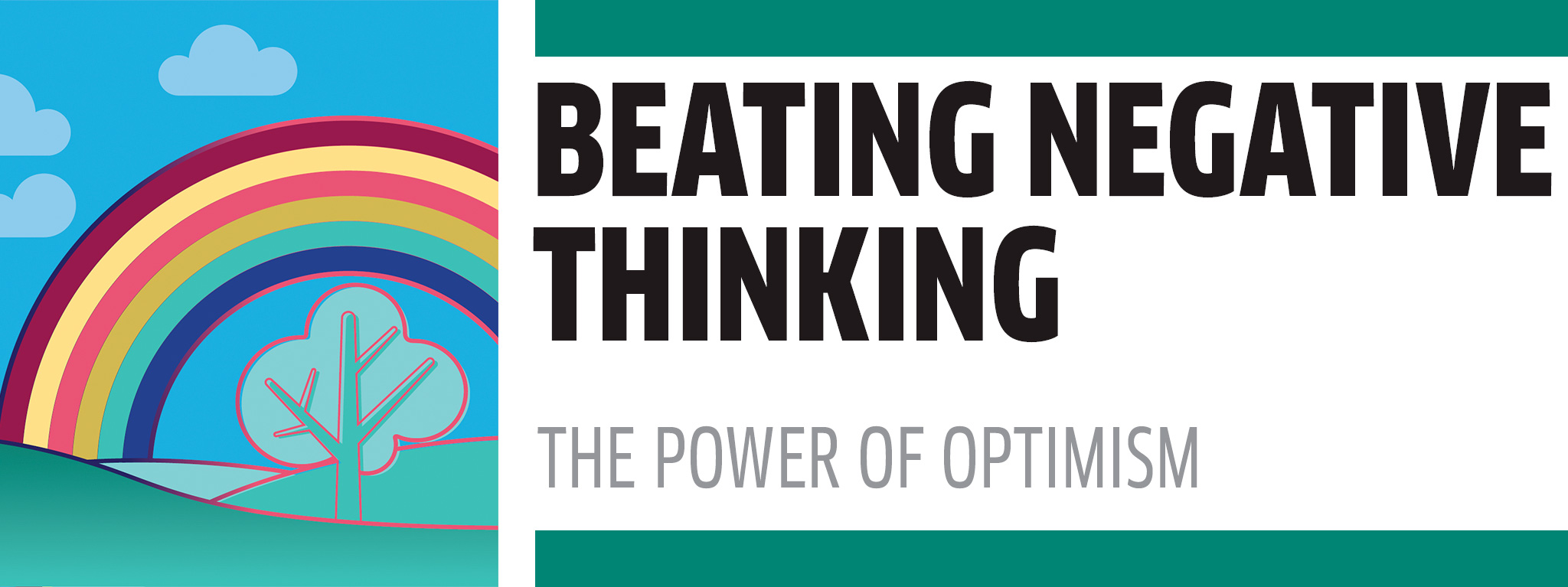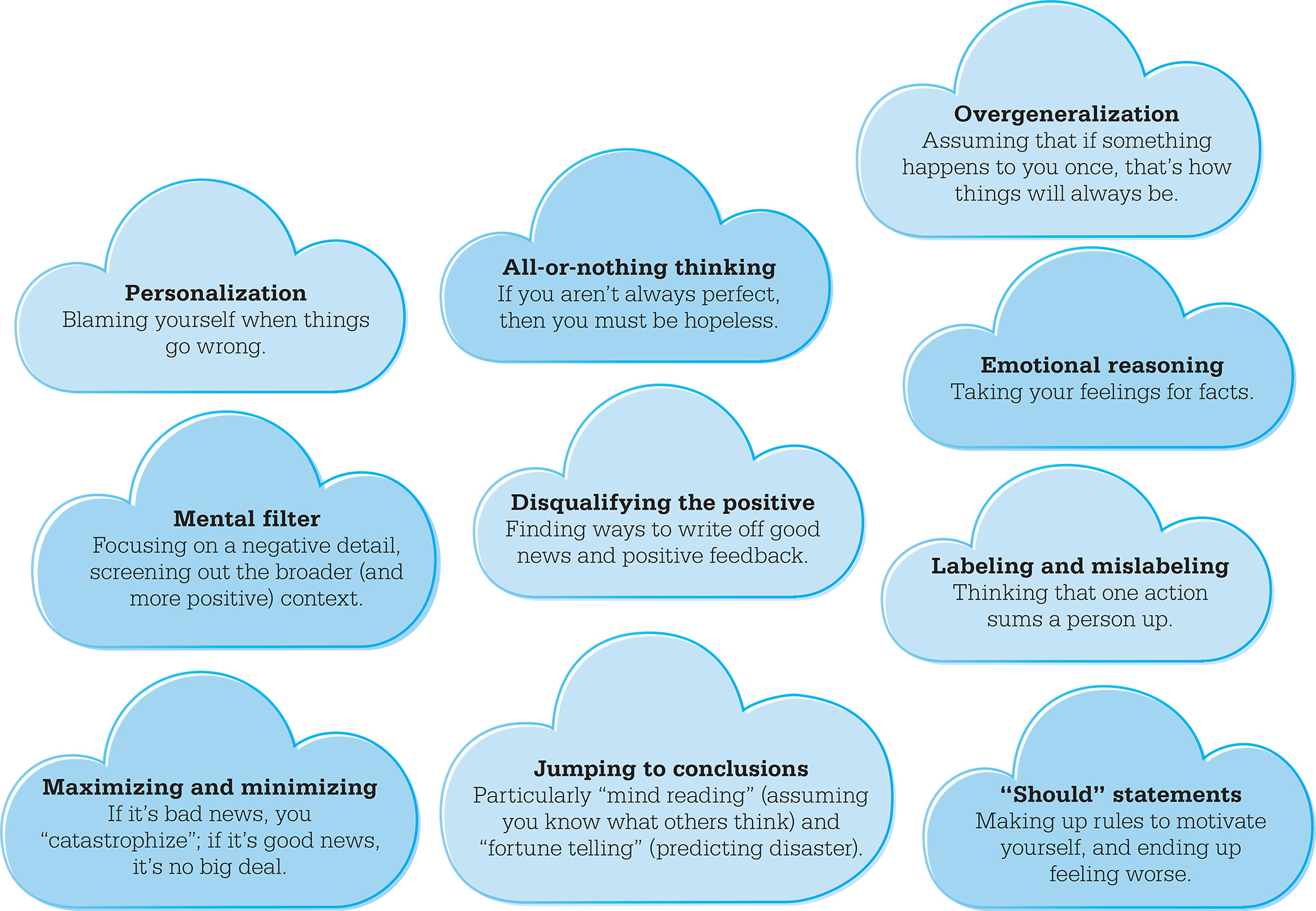
Can we “think” our way to success? Of course hard work, skill, and luck play their part as well, but the evidence shows that positive mental habits are essential, and our attitude does make a difference.
The path toward success can be emotionally tough: there may be knocks and frustrations as well as moments of excitement and satisfaction. A positive attitude can sustain you through unpredictable times, and studies on physical well-being show that optimistic people have stronger immune systems and live longer. Psychologists also find that optimists tend to be happier, better at coping, and more persistent, have a wider network of friends, and are more successful in general. The good news is that optimism can, with practice, be cultivated.
Five steps to optimism
Over the past 20 years, positive psychology researchers have formulated a five-point plan that educators use to teach students a positive outlook. If you’re working on improving your optimism, try these approaches:
1 Identify and prioritize your top goals. Look at the big picture. Some will be “micro” goals and some “macro” goals, so settle in your own mind which are the most important.
2 Break them down into steps. This is especially helpful with long-term goals. The idea is not to achieve everything at one stroke: you need a series of milestones, which you can celebrate as successes as you reach them.
3 Appreciate that there’s more than one way to reach a goal. Studies show that pessimistic students have difficulty problem-solving their way past obstacles, so flexibility is a key skill.
4 Tell your success stories, and hear other people’s. Seek out opportunities to remind yourself that adversity can be overcome.
5 Stay light and positive. Self-pity is the death of optimism, so keep your self-talk positive, find the funny side of your mistakes, and enjoy yourself as much as you can.
Clear your mind
Cognitive Behavioral Therapy teaches ways to build optimism when you find yourself thinking negatively (see “Cognitive distortions,”). If you find yourself caught in such thinking, try the following:
- Identify the thought that is bothering you.
- Ask yourself how much you believe it. Assign a hypothetical percentage to reflect the amount.
- Ask yourself if there are any cognitive distortions at play.
- Consider alternative explanations. You don’t have to fully believe them; just try them on for size.
- Look at the evidence as calmly as possible. Does it support your troublesome thought? Is any evidence more encouraging?
- Ask yourself again how much you believe the negative thought. The answer doesn’t have to be “not at all”; if you’ve dropped from, say, 85 to 45 percent, that’s a significant improvement.
The benefits of this strategy over the long term can be great, from improved mental health to better focus and resilience—all of which support a more successful life.
Cognitive distortions
Cognitive Behavioral Therapy tells us we’re vulnerable to “cognitive distortions,” as shown here, which undermine our optimism. Combat such thinking by identifying and questioning such thoughts when they occur (see “Clear your mind,”):

